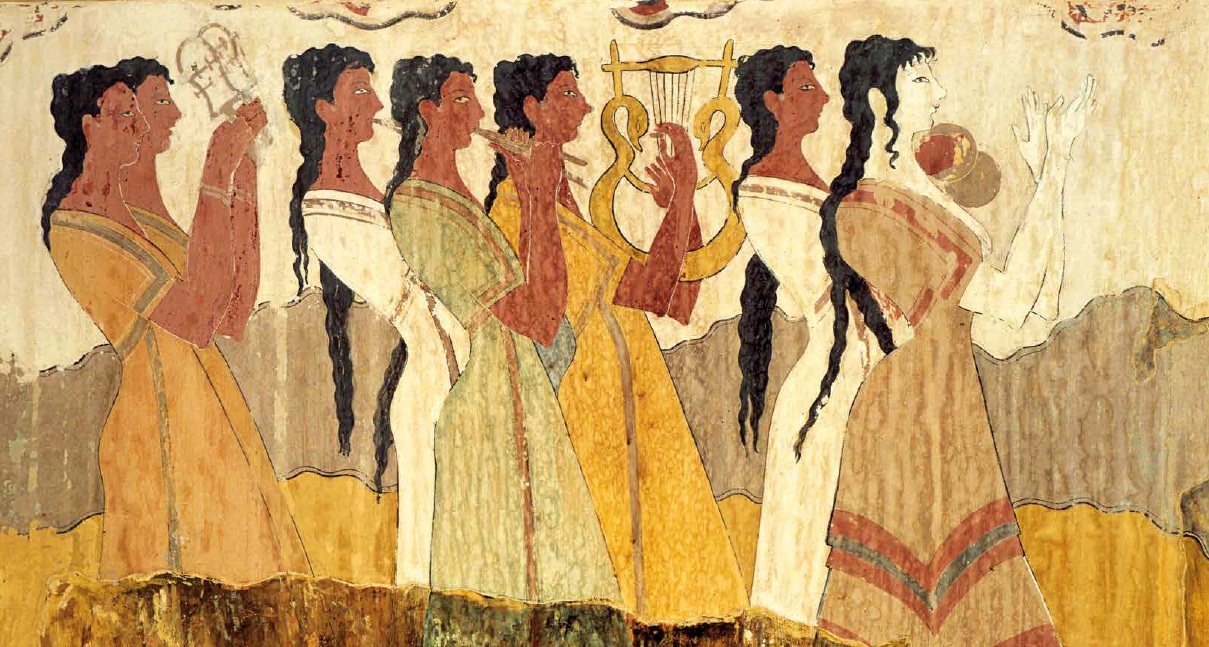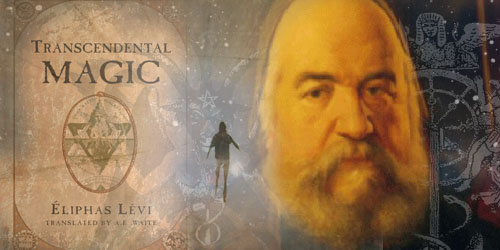Not only he may have “dominion” over all the works of creation by employing the “excellence” of the NAME (the ineffable one) but be higher in this life, not, as Paul is made to say, “a little lower than the angels.”
The ancients never entertained the sacrilegious thought that such perfected entities were incarnations of the One Supreme and for ever invisible God. No such profanation of the awful Majesty entered into their conceptions. Moses and his antitypes and types were to them but complete men, gods on earth, for their gods (divine spirits) had entered unto their hallowed tabernacles, the purified physical bodies. The disembodied spirits of the heroes and sages were termed gods by the ancients. Hence, the accusation of polytheism and idolatry on the part of those who were the first to anthropomorphize the holiest and purest abstractions of their forefathers.
Page 154
The real and hidden sense of this doctrine was known to all the initiates. The Tanaim imparted it to their elect ones, the Isarim, in the solemn solitudes of crypts and deserted places. It was one of the most esoteric and jealously guarded, for human nature was the same then as it is now, and the sacerdotal caste as confident as now in the supremacy of its knowledge, and ambitious of ascendancy over the weaker masses; with the difference perhaps that its hierophants could prove the legitimacy of their claims and the plausibility of their doctrines, whereas now, believers must be content with blind faith.
While the kabalists called this mysterious and rare occurrence of the union of spirit with the mortal charge entrusted to its care, the “descent of the Angel Gabriel” (the latter being a kind of generic name for it), the Messenger of Life, and the angel Metatron; and while the Nazarenes termed the same Abel-Zivo, the Delegatus sent by the Lord of Celsitude, it was universally known as the “Anointed Spirit.”
Thus it is the acceptation of this doctrine which caused the Gnostics to maintain that Jesus was a man overshadowed by the Christos or Messenger of Life, and that his despairing cry from the cross “Eloi, Eloi, Lama Sabachthani,” was wrung from him at the instant when he felt that this inspiring Presence had finally abandoned him, for — as some affirmed — his faith had also abandoned him when on the
cross. The early Nazarenes, who must be numbered among the Gnostic sects, believing that Jesus was a prophet, held, nevertheless, in relation to him the same doctrine of the divine “overshadowing,” of certain “men of God,” sent for the salvation of nations, and to recall them to the path of righteousness. “The Divine mind is eternal,” says the Codex, “and it is pure light, and poured out through splendid and immense space (pleroma). It is Genetrix of the AEons. But one of them went to matter (chaos) stirring up confused (turbulentos) movements; and by a certain portion of heavenly light fashioned it, properly constituted for use and appearance, but the beginning of every evil. The Demiurge (of matter) claimed divine honor. Therefore Christus (“the anointed”), the prince of the AEons (powers), was sent (expeditus), who taking on the person of a most devout Jew, Iesu, was to conquer him; but who having laid it (the body) aside, departed on high.” We will explain further on the full significance of the name Christos and its mystic meaning.
And now, in order to make such passages as the above more intelligible, we will endeavor to define, as briefly as possible, the dogmas in
Page 155
which, with very trifling differences, nearly all thse Gnostic sects believed. It is in Ephesus that flourished in those days the greatest college, wherein the abstruse Oriental speculations and the Platonic philosophy were taught in conjunction. It was a focus of the universal “secret” doctrines; the weird laboratory whence, fashioned in elegant Grecian phraseology, sprang the quintessence of Buddhistic, Zoroastrian, and Chaldean philosophy. Artemis, the gigantic concrete symbol of theosophico-pantheistic abstractions, the great mother Multimamma, androgyne and patroness of the “Ephesian writings,” was conquered by Paul; but although the zealous converts of the apostles pretended to burn all their books on “curious arts,” [[ta perierga]], enough of these remained for them to study when their first zeal had cooled off.

Moe is the founder of GnosticWarrior.com. He is a father, husband, author, martial arts black belt, and an expert in Gnosticism, the occult, and esotericism.






